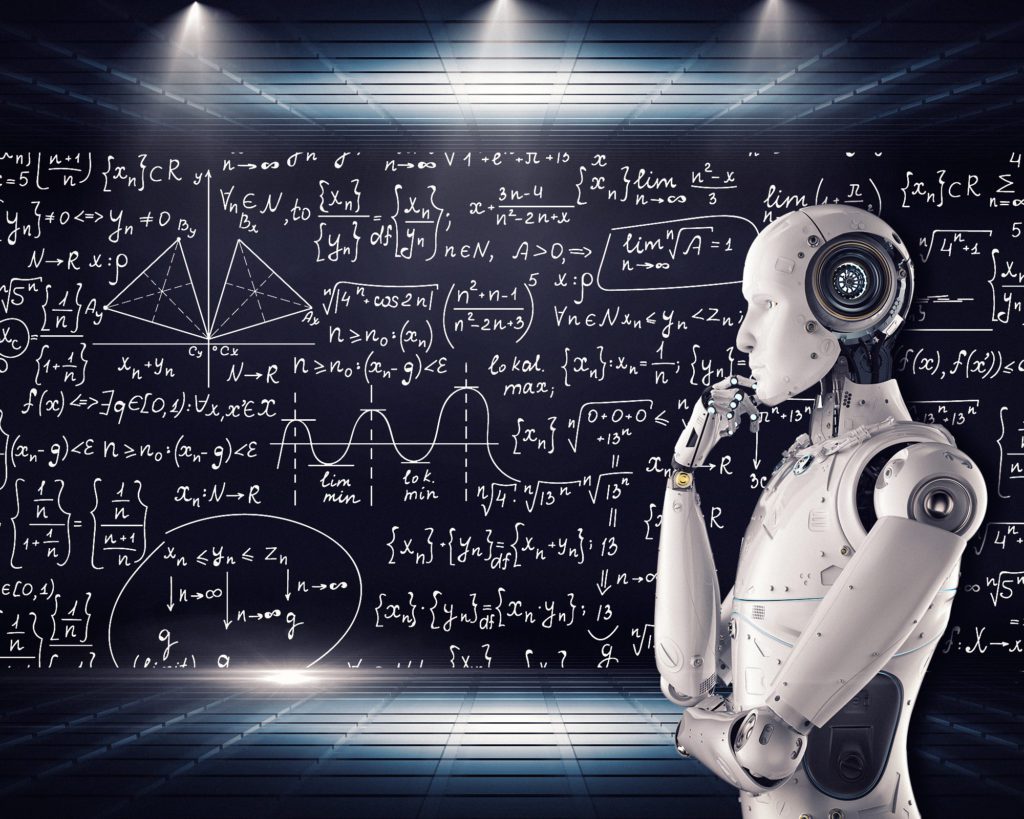Blitz News Digest
Stay updated with the latest trends and insights.
Machine Learning: The Secret Sauce Behind Today's Tech Triumphs
Discover how machine learning fuels today's tech breakthroughs and transforms industries. Unleash the potential of AI in your life!
What is Machine Learning and How Does it Power Modern Technology?
Machine Learning is a subset of artificial intelligence that enables systems to automatically learn and improve from experience without being explicitly programmed. It involves algorithms that analyze and interpret large datasets, identifying patterns and insights that can be used to make predictions or decisions. The rise of big data has played a pivotal role in the evolution of machine learning, allowing businesses and researchers to harness vast amounts of information to enhance their products and services. From targeted advertising to personalized recommendations, machine learning empowers modern technology to be more intelligent and responsive to user needs.
Everyday applications of machine learning are everywhere, transforming various industries. For instance, in the healthcare sector, machine learning algorithms assist in diagnosing diseases by analyzing medical images and patient data. In finance, machine learning models detect fraudulent transactions by recognizing unusual patterns. Furthermore, technologies such as self-driving cars and virtual assistants rely heavily on machine learning to operate efficiently. As machine learning continues to advance, its integration into modern technology will further revolutionize how we live and work, making systems more adaptive and insightful than ever before.

5 Real-World Applications of Machine Learning Transforming Industries
Machine learning (ML) is revolutionizing various sectors, and its implications are vast. One of the most prominent applications is in the healthcare industry, where ML algorithms analyze patient data to enhance diagnostics and personalize treatment plans. For instance, predictive analytics can identify the likelihood of diseases such as diabetes or heart conditions, enabling proactive measures and improving patient outcomes. Furthermore, ML models are instrumental in drug discovery, drastically reducing the time required to bring new medications to market.
Another industry experiencing significant transformation due to machine learning is finance. Financial institutions leverage ML for fraud detection by analyzing transaction patterns and identifying unusual behavior in real-time. This allows for quicker responses to potential threats and safeguarding customer assets. Additionally, machine learning is utilized in algorithmic trading, where algorithms predict stock movements based on historical data and market trends, thus optimizing investment strategies.
Understanding the Different Types of Machine Learning: A Beginner's Guide
Machine learning is a subset of artificial intelligence that enables systems to learn from data and improve their performance over time without being explicitly programmed. There are three primary types of machine learning: supervised learning, unsupervised learning, and reinforcement learning. In supervised learning, models are trained on labeled data, meaning that the input data is paired with the correct output. This approach is commonly used for tasks such as classification and regression, where the goal is to predict outcomes based on new input data.
On the other hand, unsupervised learning deals with unlabeled data, allowing the algorithm to identify patterns and groupings without prior training on labeled datasets. This type is ideal for clustering and dimensionality reduction tasks, where the algorithm discovers the inherent structure of the data. Lastly, reinforcement learning is a type where an agent learns to make decisions by receiving rewards or penalties based on its actions in a given environment. Understanding these different types of machine learning is essential for anyone looking to dive into the field and leverage its capabilities effectively.